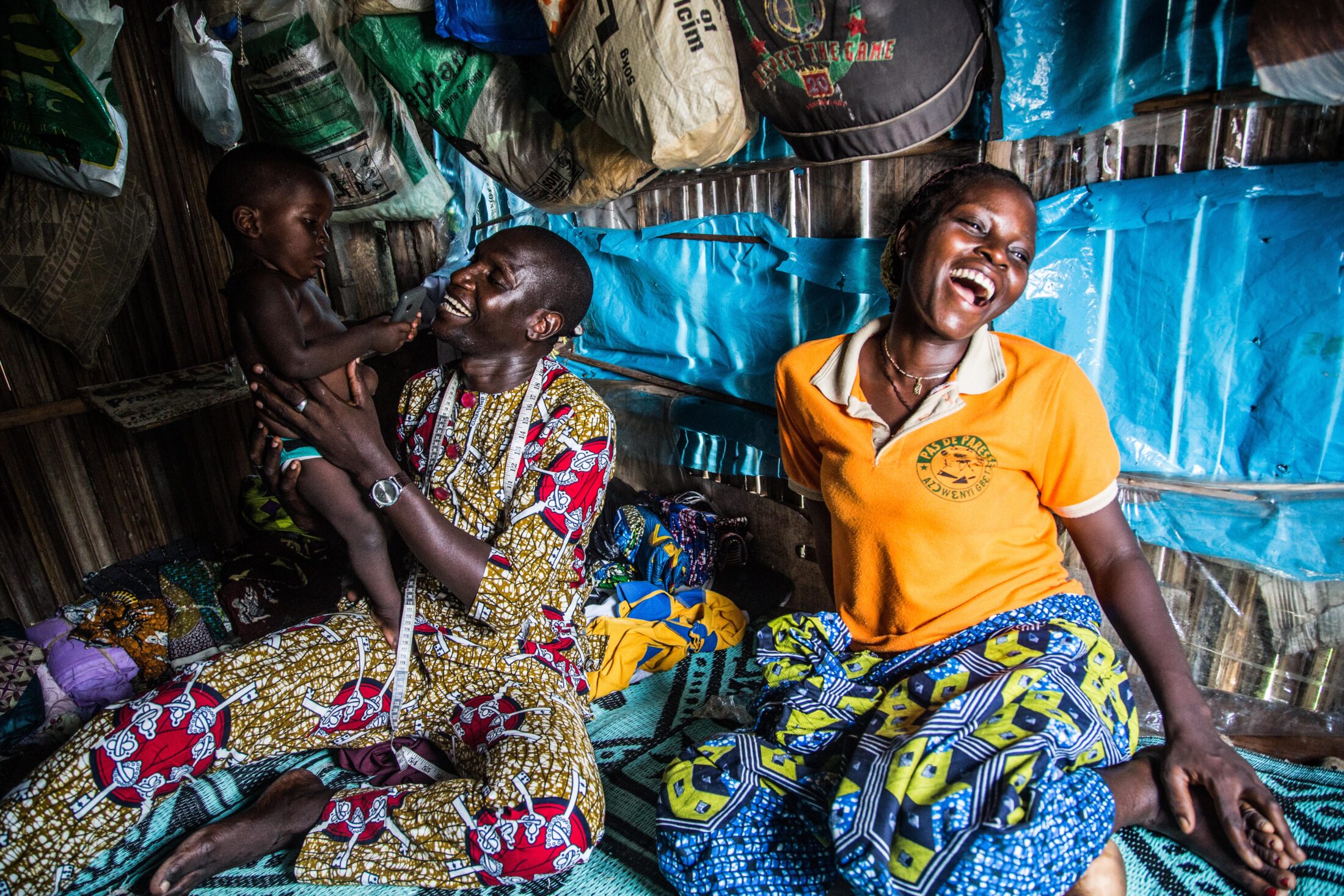Implementation of the human right to sanitation in urban Zambia: a case study of Lusaka District (Zambia)

This study examined the implementation of the human right to sanitation in Lusaka District, Zambia, highlighting significant gaps between policy and practice. Findings revealed that 70 percent (n=99) of residents were unaware of sanitation as a human right, and 96 percent (n=108) had never participated in awareness programmes. In low-income areas, majority of respondents identified an urgent need for improved sanitation infrastructure, while most households relied on shared facilities that failed to meet basic hygiene and safety standards.
Key institutional challenges included declining government funding to the sector, down 3.7% in 2023 with a further 8.8% reduction had been projected for 2024, limited stakeholder coordination, and insufficient technical capacity. Community frustrations were also noted, particularly around the lack of gender-sensitive facilities, with 78 percent (n=65) of women expressing concerns over inadequate menstrual hygiene management in public spaces.
The study concludes that systemic underfunding, poor institutional coordination, and weak community engagement are major barriers to realising sanitation rights in Lusaka. To address these issues the study proposes a framework focused on increasing budget allocations, strengthening monitoring and accountability mechanisms, and leveraging public-private partnerships. Greater emphasis on community participation and gender inclusion in sanitation planning is also recommended to ensure equitable and sustainable service delivery.

